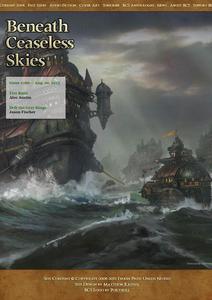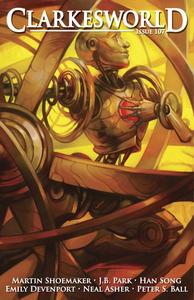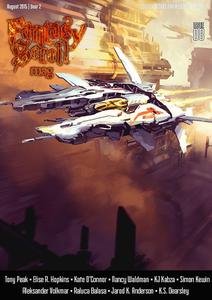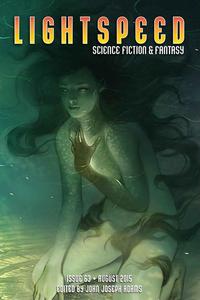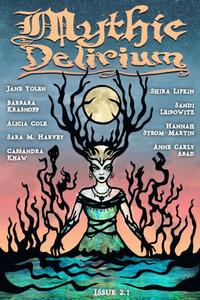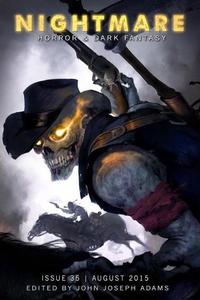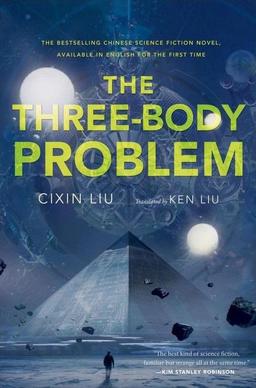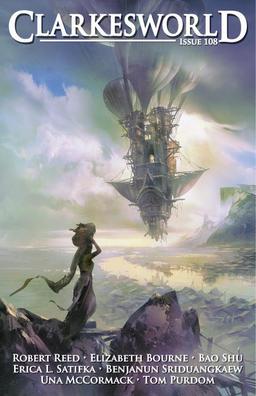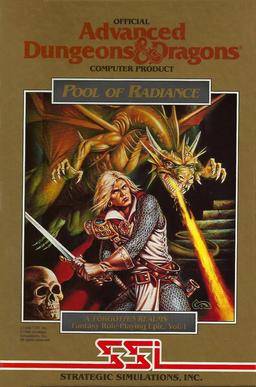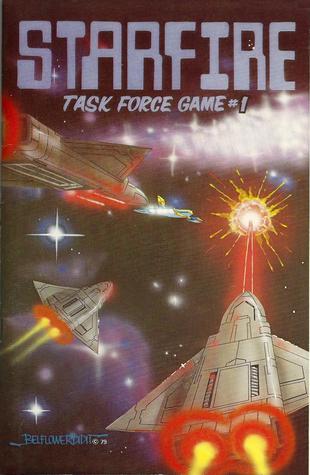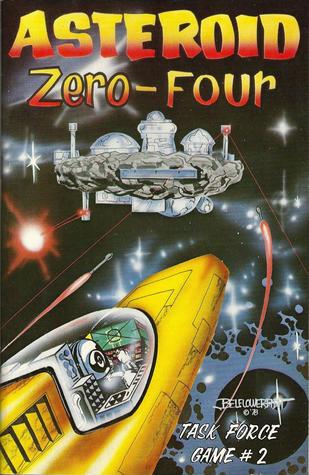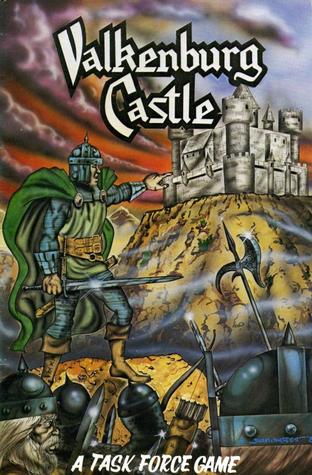The Mid-September Fantasy Magazine Rack
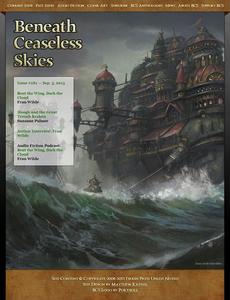 |
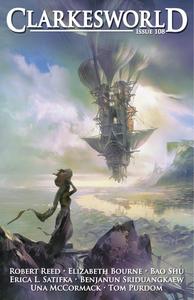 |
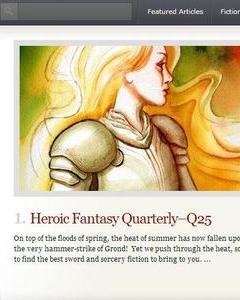 |
 |
 |
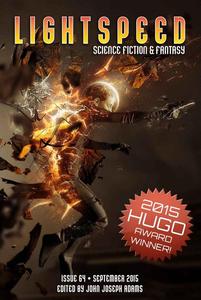 |
 |
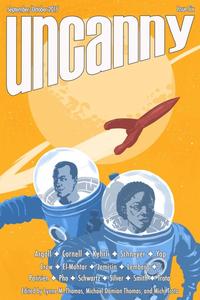 |
Plenty of great new magazines to read in September, to help close out summer with a bang. This month we start coverage of Ranylt Richildis’ splendid Lackington’s magazine, with the Summer issue (above), and in his August Short Story Roundup, Fletcher Vredenburgh looks at the latest issues of Swords and Sorcery Magazine, Beneath Ceaseless Skies, and Fantasy & Science Fiction.
Check out all the details on the magazines above by clicking on the each of the images. Our early September Fantasy Magazine Rack is here.
As we’ve mentioned before, all of these magazines are completely dependent on fans and readers to keep them alive. Many are marginal operations for whom a handful of subscriptions may mean the difference between life and death. Why not check one or two out, and try a sample issue? There are magazines here for every budget, from completely free to $12.95/issue. If you find something intriguing, I hope you’ll consider taking a chance on a subscription. I think you’ll find it’s money very well spent.




